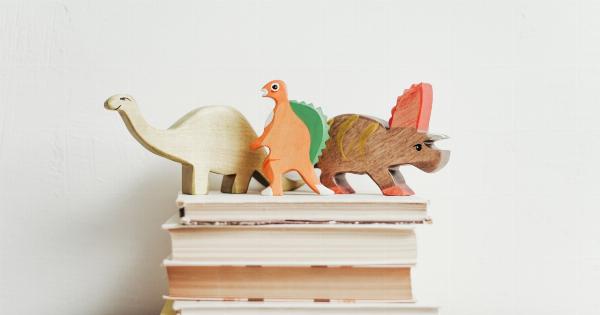Losing a loved one is always a difficult and painful experience, but it can be especially challenging for children. They may struggle to comprehend the concept of death and may not have the emotional tools to process their grief.
As adults, it is our responsibility to support and guide them through this painful period. This article aims to provide guidance on how to help children understand loss and grief.
The Importance of Honesty
It is natural to want to shield children from the pain of loss, but it is essential to be honest with them.
Avoid using euphemisms like “passed away” or “gone to sleep” as they can be confusing and prevent children from fully understanding the reality of death. Use clear and age-appropriate language to explain what has happened, making sure to answer any questions they may have.
Encourage Open Communication
Allow children to express their emotions openly. Create a safe and non-judgmental environment where they feel comfortable talking about their feelings.
Encourage them to share memories or stories about their loved one, as it can help them process their grief and keep their memory alive.
Validate Their Feelings
Grief is a complex and individual experience, and it is important to acknowledge and validate children’s feelings. Let them know that it is okay to feel sad, angry, or confused.
Reassure them that their emotions are valid and that they are not alone in their grief.
Be Patient and Understanding
Children may express their grief and emotions differently than adults. They may have mood swings, show regressive behavior, or have difficulties concentrating. It is crucial to be patient and understanding during these times.
Offer them comfort and support without judgment, and remember that grief is a process that takes time.
Provide Age-Appropriate Explanations
When explaining death to children, it is essential to consider their age and level of understanding.
Younger children may struggle with abstract concepts like “forever” or “eternity.” Use simple and concrete language, and avoid overwhelming them with too many details. Older children can handle more complex explanations, but ensure that the information is still age-appropriate.
Encourage Healthy Coping Mechanisms
Help children find healthy ways to cope with their grief. Encourage them to express their emotions through art, writing, or other creative outlets. Engage them in activities that provide a sense of comfort and normalcy.
It is also important to maintain regular routines and activities that they enjoy, as it can help provide stability in a difficult time.
Seek Support
Remember that you do not have to navigate grief alone. Seek support from friends, family, or professional resources like counselors or therapists.
Joining a support group for children who have experienced loss can also be highly beneficial, as it allows them to connect with others who understand their pain.
Model Healthy Grieving
Children look up to the adults in their lives and often mirror their behavior. Model healthy grieving by expressing your emotions in a constructive way. Let them see that it is acceptable to cry, talk about the deceased, and process their emotions.
By modeling healthy coping mechanisms, you help create a safe space for children to do the same.
Memorialize the Deceased
Keeping the memory of the deceased alive can be a comforting way for children to honor their loved one. Encourage them to create memory boxes, scrapbooks, or artwork dedicated to the person they have lost.
Participating in memorial services or creating rituals like lighting a candle or writing letters can also provide a sense of closure and remembrance.
Monitor Their Well-being
Grief affects children differently, and some may need extra support. Keep an eye on their overall well-being and watch for signs of prolonged or intense distress.
If you notice persistent changes in behavior, withdrawal from activities, or difficulties in school, it may be necessary to seek professional help.
Conclusion
Helping children understand loss and grief is a challenging but vital task. By being honest, supportive, and patient, we can provide the guidance and reassurance they need to navigate this difficult time.
Remember that each child’s grieving process is unique, and it is essential to adapt our approach to meet their individual needs. With time, love, and understanding, children can learn to cope with their grief and find ways to remember and honor their loved one.





























